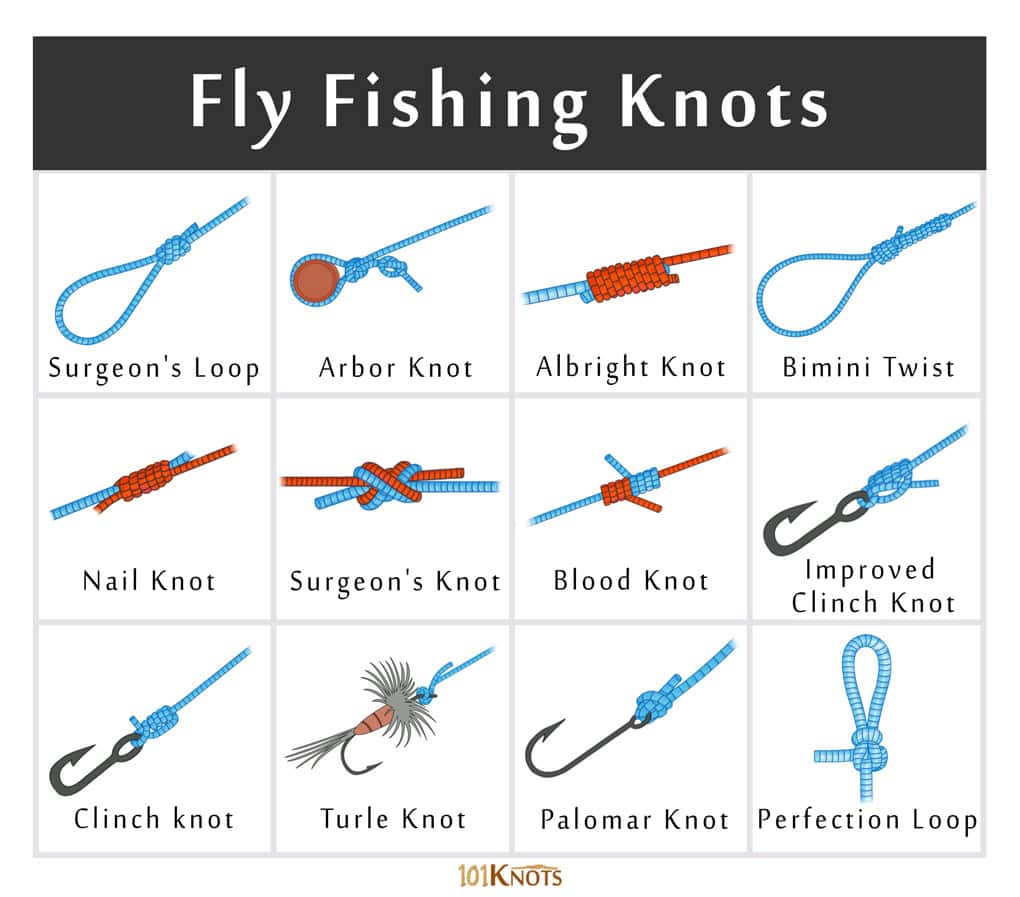

Although it safe to use super glue on fishing knots, I don’t recommend it. Super glue won’t weaken your line and is environmentally safe once it dries. Yes, you can use super glue to help hold your fishing line knots. It is common to use a mainline and tying on a leader to better match the style of fishing you are doing. The FG knot is the strongest knot for tying two fishing lines together. The palomar knot is the strongest knot for tying on lures, hooks, and swivels.

Best Knot for Braided & Monofilament Lineįishing Knot FAQs What is the strongest fishing line knot?.The Albright Knot is used for connecting a leader to main line. Like the standard Uni Knot it works well with braid, fluorocarbon, and monofilament lines of any diameter. As you might have guessed by its name this is done by tying two Uni Knots. This knot is used to join two lines together. The double Uni Knot is also known as the Uni to Uni Knot. The key to tying this knot is maintaining tension on the lines at all times. It is definitely worth it to learn though! This is a knot that will take practice to tie effectively and in a timely manner.

The downside? It can be difficult to tie and a poorly tied FG Knot is a weak knot. It works great with braid, fluorocarbon, and monofilament lines of equal or differing diameters. It is extremely strong and very low profile making it the best knot for joining two lines together in my opinion. The FG Knot a very popular fishing knot for tying on leaders. A surgeon knot is basically two overhand knots with the leader pulled through each knot. The benefit of a surgeons knot is it can be used to join lines whether they have the same diameter or not. It is a simple knot to tie and works with braid, fluorocarbon, and monofilament lines. This is typically needed when using a leader. The surgeons knot, also known as double surgeons Knot the can be used when joining two lines together. It is very similar to the Improved Clinch Knot. It works on braid, fluorocarbon, and monofilament lines. The Uni Knot is another simple to learn knot that is good for tying lures, hooks, and swivels. Pull tight and cut the remaining length of tag line.Tuck the tag end of line through the line coming from your last wrap in step 3 that now goes over your wraps and through your first wrap in step 4.The tag end will be on the outside of the hook eyelet. The first wrap is the one closest to the hook eyelet. Slip the tag end of the line through the first wrap you made.Wrap the tag end 5 to 6 times around your main line.Bring the tag end of line parallel to the rest of your line from your rod.Thread about 6 inches of fishing line through the eyelet of the hook.Anything line under 25lb rating should be fine for this knot.

Although this knot works with all line types it starts to struggle as you move up to larger diameters. This knot works well with braid, fluorocarbon, and monofilament lines. It is quick to tie and strong enough for securing on hooks, lures, and swivels. The improved clinch knot is one of the most used knots in fishing. It is fairly easy to tie and can be quickly learned. Easy Knots for Tying on Lures, Hooks, & Swivels Palomar KnotĪ palomar knot is my favorite knot for tying on lures. Below you will find a select few knots that anglers should learn. Knots don’t have to be as complicated as they seem. This makes it tempting for beginners to turn to using clips or not changing lures much to avoid retying. The stronger knots can be complicated and take awhile to tie. It seems the easy to tie knots arnt very strong and often lead to losing fish due to knot failure. Trying knots in fishing line can be frustrating for new anglers. Best Fishing Knots That Every Angler Should Know


 0 kommentar(er)
0 kommentar(er)
